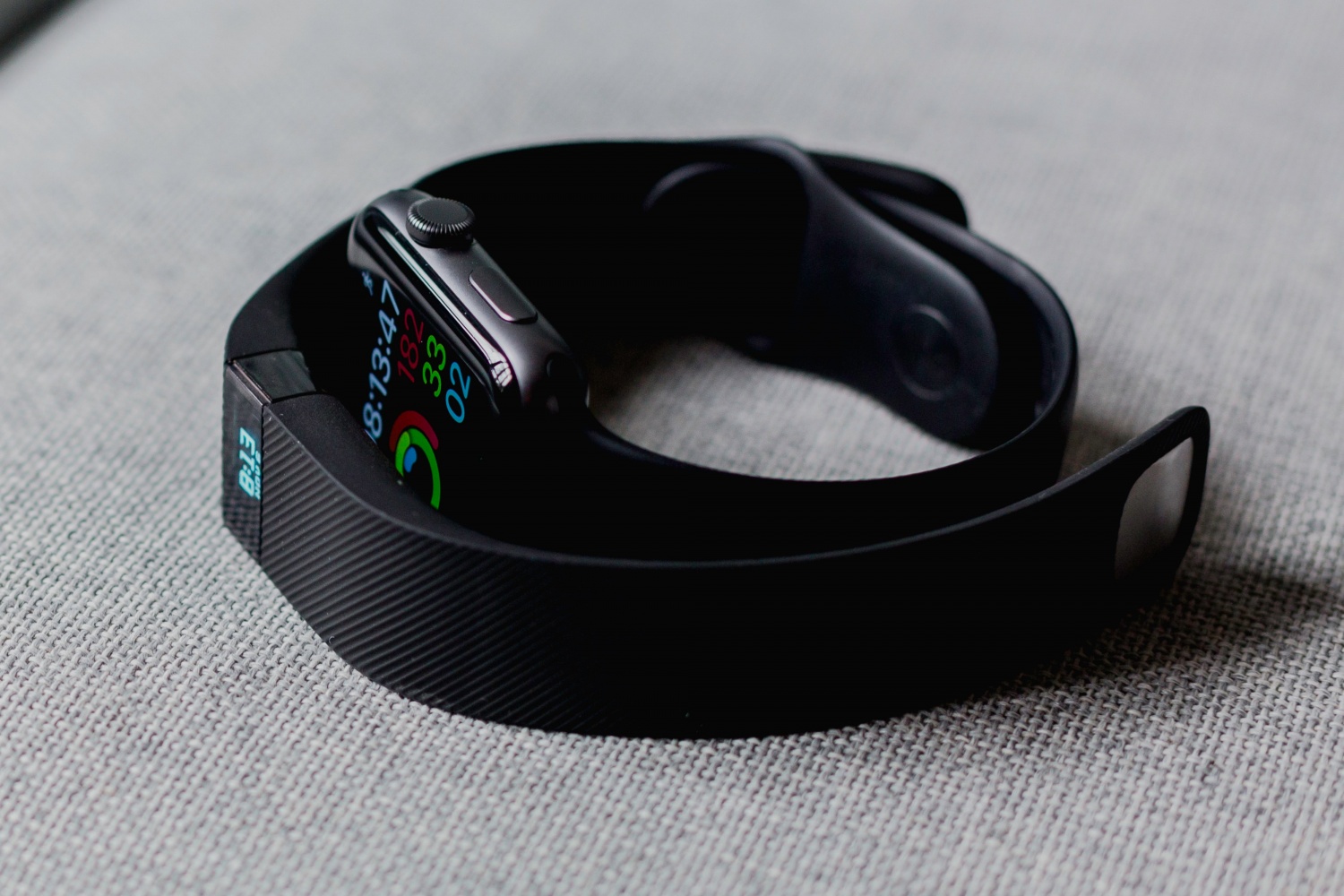New Research to Test Illness-Detecting Wearables Against COVID-19 Infection

People finding it difficult to tell their condition when they are ill will find the wearables helpful.
Earlier this year, the Stanford Medicine's Healthcare Innovation Lab introduced the COVID-19 Wearables Study to evaluate if wearables can be used to identify if a person has COVID-19 even before they start displaying symptoms.
The research, which is presently looking for participants, will ask users to give data from their devices like heart rate, the temperature of the skin, and saturation of blood oxygen through an app which the bioinformatics team of Stanford developed.
The system is presently working with Apple Watch, Garmin and Fitbit devices, to name a few. Individuals who participate in the study must also fill out a checklist of symptoms and have the option to share information from their health records.
ALSO READ: Apple Watch Introduces Features That Will Allow Doctors to Remotely Monitor Patients as they Age
Would-Be Participants and What the Wearables Can Do
In addition, any individual who agrees to participate, according to reports, should either be "diagnosed with COVID-19 or be at high risk of being infected with it." Examples of respondents can be health or grocery store workers, or any individual who has recently been on a cruise.
In addition, participants should also be older than 18 years of age. Any individual who plans to participate needs to be ready for the so-called "long haul" since this research is set to last two years.
This COVID-19 research is not Stanford's first time to look and investigate wearable devices' potential for health improvement.
In 2017, it launched a study with tech leader Apple to determine if its Apple Watch could determine "atrial fibrillation, a heart condition that can result in heart attacks and strokes."
In a collaboration between Stanford Medicine, Fitbit, and Scripp Research, the present study will employ data collected from wearables to develop algorithms that can identify the "physiological changes" in an individual that indicate they are coming down with a contagion potentially prior to knowing they are actually ill.
Once indications of contagion like an increase in heart rate, have been identified, the wearer will be alerted via the app that he can get sick, giving him the chance to self-isolate ahead, and so spread the virus to lesser people.
First Phase, First Case of the Study
The study's first phase is designed to prove that the said wearables can pick up a COVID-19 contagion by identifying changes, as well as the other physical parameters.
Such outcomes are very encouraging and hopeful, Stanford School of Medicine professor and chair of genetics, Michael Snyder said.
He added that "the first case the lab carefully studied" was able to detect physiological changes that revealed an infection via their band or watch over nine days before the appearance of symptoms.
Averagely, the professor explained, the system is identifying COVID-19 signs through wearables for four days before the appearance of symptoms in the majority of the cases.
DON'T MISS THIS: New Microfluidic Device Can Monitor Health Conditions Through Human Sweat
Wearables' Other Potential Uses
According to reports, there are other potential uses of the wearables that might authorize a further study, as well. For instance, people finding it difficult to tell their condition when ill will find the wearables helpful. These are the young kids and dementia patients, among others.
For their part, tech companies have been working as well to make their devices more functional for monitoring suspected infections of COVID-19.
Specifically, Apple and Google announced their joint COVID-19 initiative to help public officials and health organizations develop apps to follow and identify individuals who may have been exposed to the virus.
Relatively, a framework entitled "The Exposure Notification" will allow mobile devices of Android and iPhone users to record people they have come in contact with, not to mention, alert them if those individuals are successively diagnosed with COVID-19.
IN CASE YOU MISSED THIS: Johnson & Johnson Collaboration for Lung Cancer Diagnosis to Proceed With Pilot Stage
© MD News Daily.
